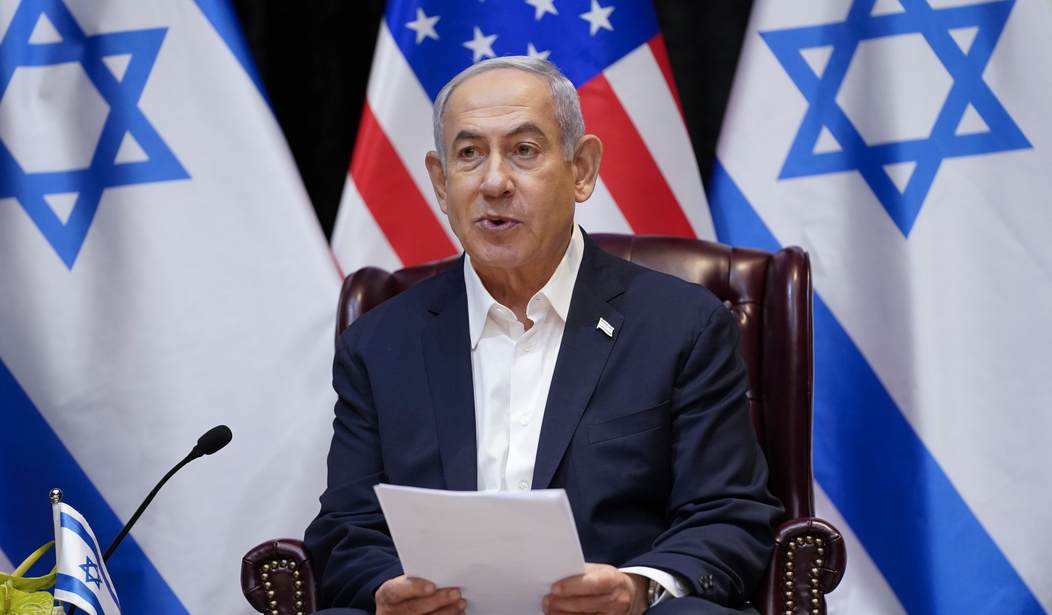Joe Biden said on Monday that negotiations for a cease-fire and prisoner release were progressing and that it was possible that the fighting could be halted as early as next week.
“I hope by the end of the weekend... My national security adviser tells me that we’re close — we’re close — we’re not done yet. My hope is by next Monday we’ll have a cease-fire.”
Biden has been saying something similar for weeks. But the distance between Israel and Hamas has proved to be extremely difficult to bridge, and with the Muslim holiday Ramadan beginning in two weeks (March 10), it's hard to see how the two sides can come to an agreement.
The problem is that neither side apparently wants peace badly enough to stop fighting or trust each other. Israeli Prime Minister Benjamin Netanyahu has political problems on his right flank, and some of the smaller parties are opposed to any deal with Hamas. And Hamas isn't helping by constantly moving the goalposts on what they would accept.
"Ramadan is coming up, and there’s been an agreement by the Israelis that they would not engage in activities during Ramadan, as well, in order to give us time to get all the hostages out," Biden said on NBC's "Late Night with Seth Meyers."
But Hamas differs with Biden about what is actually being negotiated. And Biden's interpretation of what's actually happening is far from the reality.
But Qatar, which has acted as the main mediator, said a breakthrough had yet to be reached.
"We don't have a final agreement on any of the issues that are hampering reaching an agreement," said Majed Al Ansari, spokesperson for Qatar's foreign ministry. "We remain hopeful that we can get to some kind of agreement."
Two senior Hamas officials told Reuters that Biden's remarks appearing to suggest that an agreement had already been reached in principle were premature.
There were "still big gaps to be bridged", one of the Hamas officials told Reuters. "The primary and main issues of the ceasefire and the withdrawal of Israeli forces are not clearly stated, which delays reaching an agreement."
Putting the best face on negotiations is one thing. But misinterpreting and misunderstanding what has been discussed raises questions about Biden's faculty to actually understand what's happening in Gaza.
The cease-fire that Biden proposed would halt fighting for about 40 days, release about 40 of the remaining 100 hostages, and require Israel to withdraw from previously occupied areas in Gaza. But without a firm agreement to release the remaining hostages and a commitment from Israel to end the war, neither side will stop fighting.
Hamas thinks it has a goldmine with the 100 Israeli hostages. It believes that the Israelis will give up anything for them.
"Hamas started out with just crazy demands," Netanyahu said on "Face the Nation." "And, you know, it’s too soon to say if they’ve abandoned them, but if they do abandon them and get into what you call the ballpark, they’re not even in the city. They’re in another planet. But if they come down to a reasonable situation, then yes, we’ll have a hostage deal. I hope so.”
The war is beyond the control of Hamas and Israel. It's certainly beyond the control of Biden. The war has its own logic, it's own momentum, and isn't likely to end until Hamas is not a threat to Israeli civilians anymore.










Join the conversation as a VIP Member